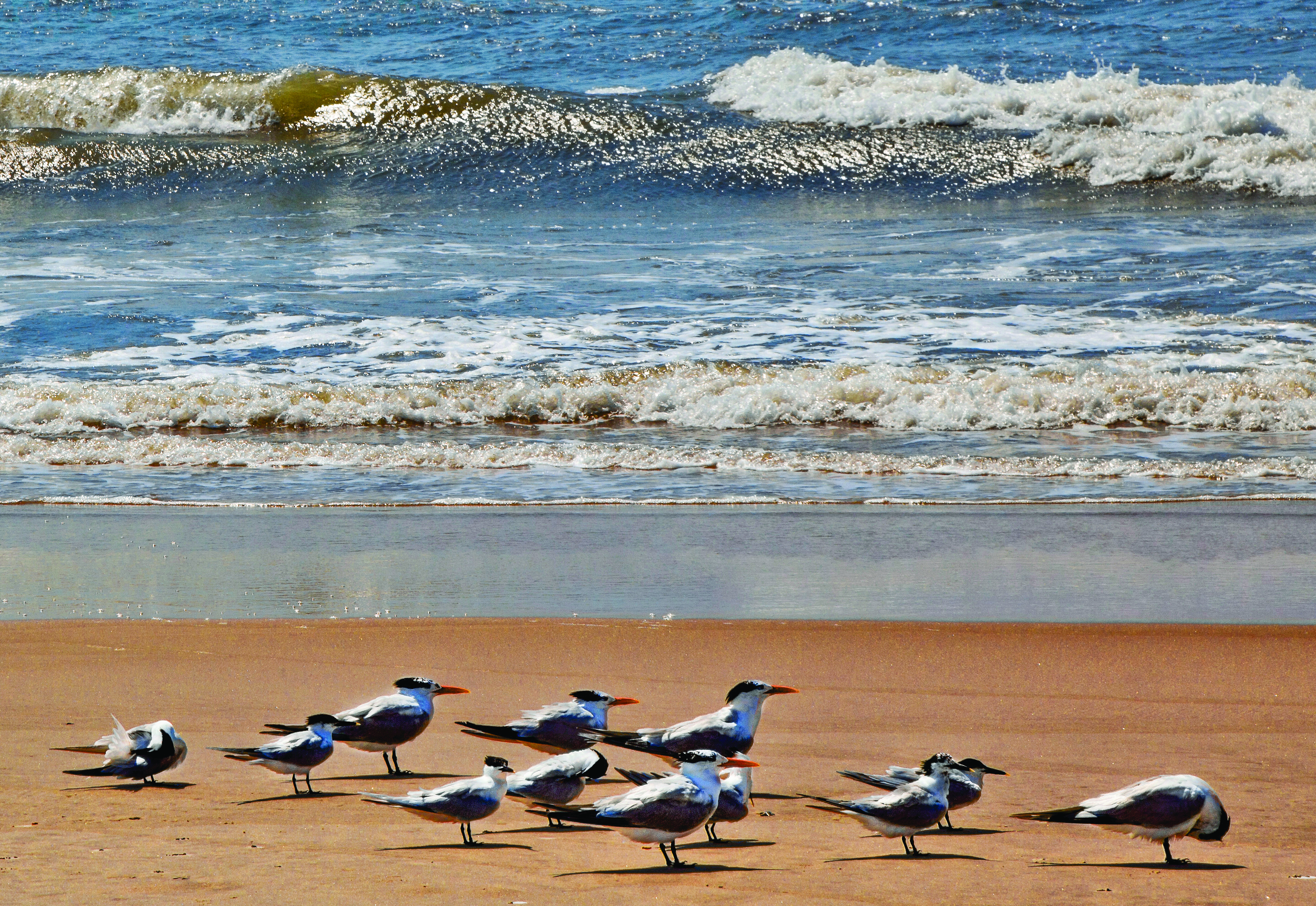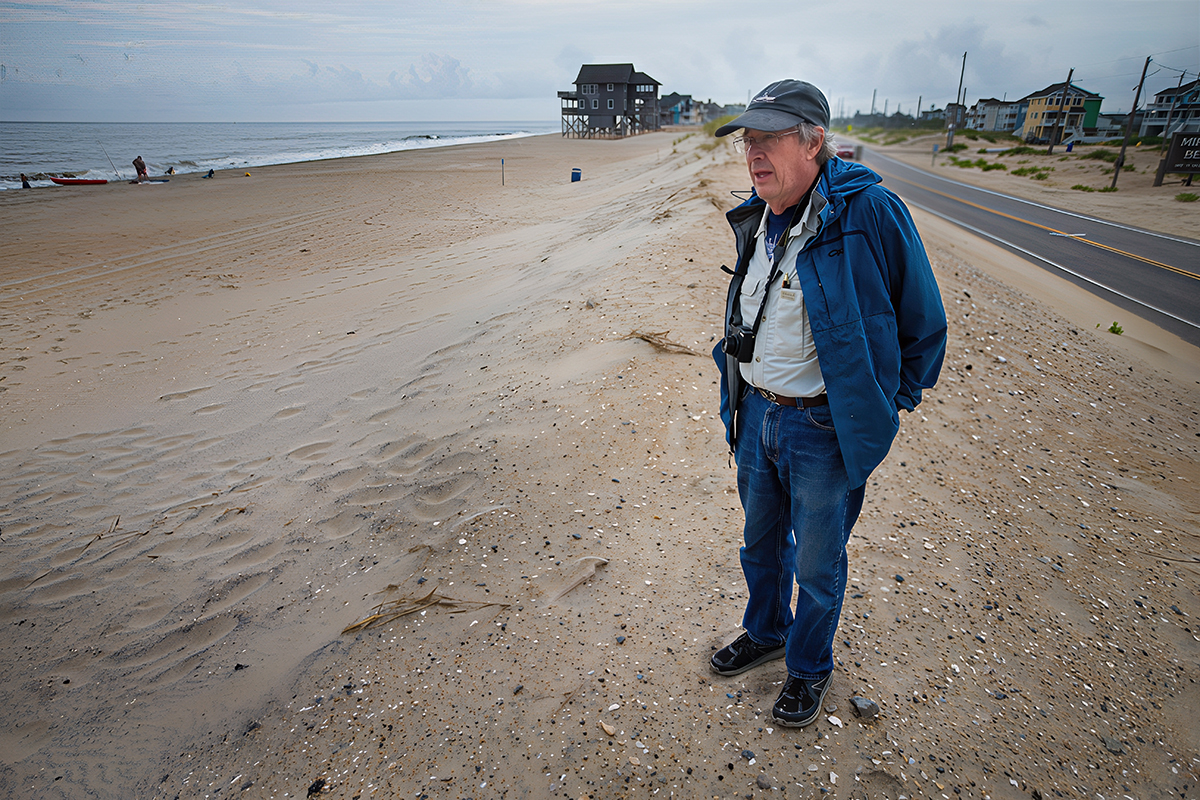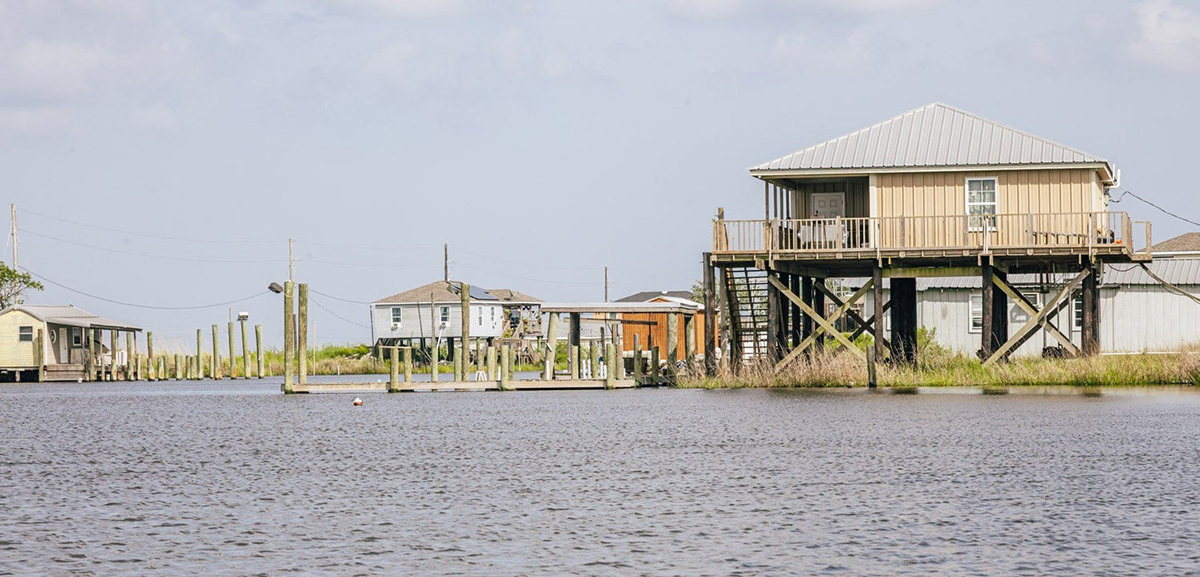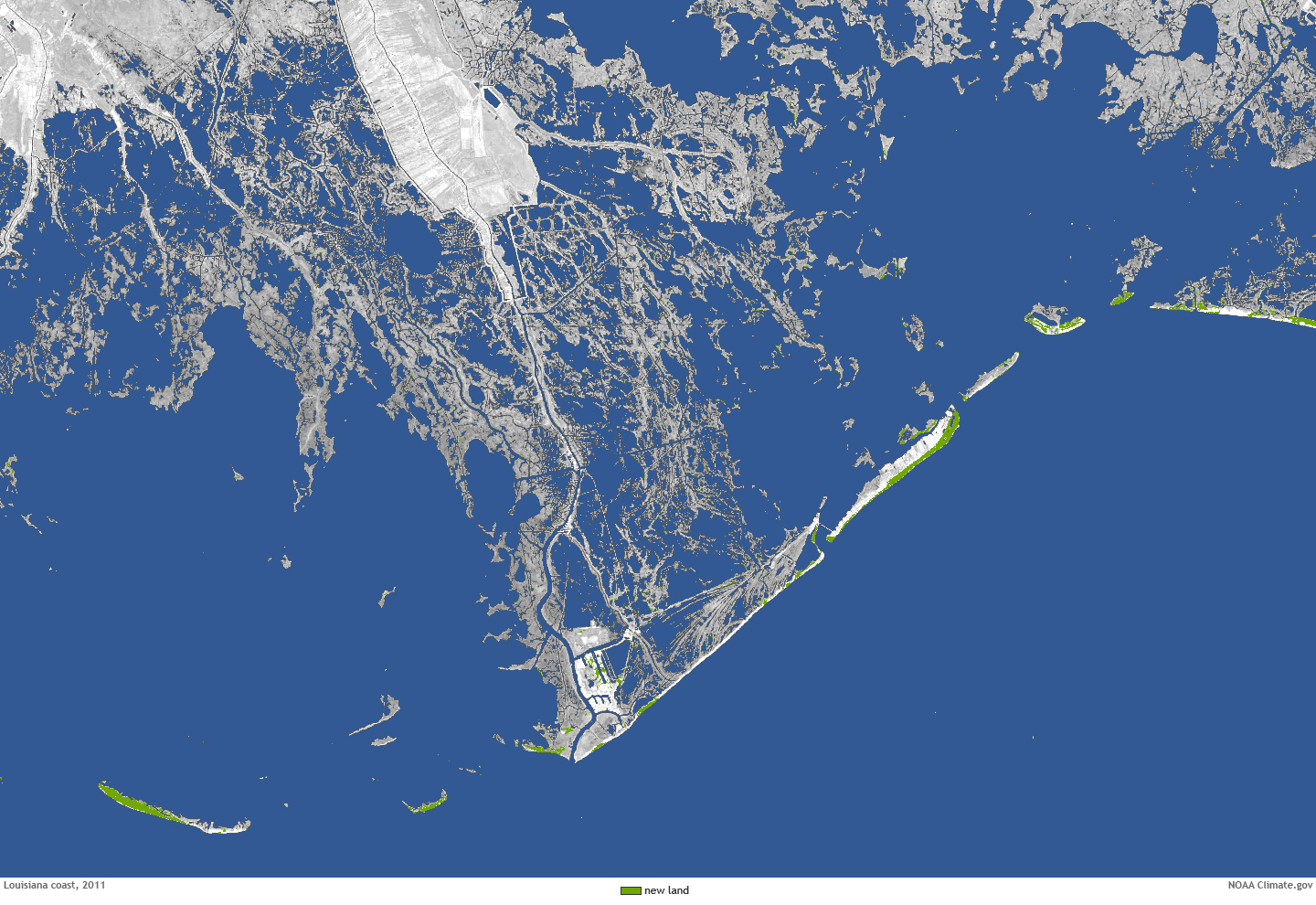BEAUFORT – A state meeting on sea-level rise a month or so ago would have drawn a few planners and maybe a handful of scientists from the nearby marine labs. Yesterday, though, the room was packed to hear a committee of the N.C. Coastal Resources Commission discuss the state’s tortured, but now famous, draft policy on sea-level rise.
“I don’t think I’ve seen this many people at a planning meeting,” Tancred Miller, a coastal policy analyst for the state Division of Coastal Management, noted before outlining the latest changes to the policy for the CRC’s Estuarine and Ocean Committee.
Supporter Spotlight
That’s what worldwide media attention will do. The budding policy, which has quietly gone through several revisions over the past two years, fell into the glare of the media spotlight after the N.C. Senate began considering a bill a month ago that was widely interpreted as preventing the state from using modern scientific techniques to forecast how high the Atlantic Ocean might get this century because of global warming.
 Melvin Shepard Jr. |
The Senate was reacting to the CRC’s draft policy that was first presented by its scientific advisors in 2010. That version recommended that the state prepare for a sea-level rise of 39 inches by 2100, or more than triple the historic rate. The forecast was in line with the ones used by major scientific organizations around the world and by several countries and other states, but it immediately came under fire from development interests and some coastal counties. They feared that regulations to protect against such a drastic rise in sea level would stifle economic growth on the coast. They were much more comfortable with the Senate’s prescription, which would have forced the state to prepare for an 8-inch rise this century.
Googling “sea-level rise and N.C.” will produce a list of hundreds of newspaper stories, TV reports, blog posts, editorials and columns from around the world. Most aren’t complimentary. In fact, they’re downright scornful, accusing the state of ignoring science and trying to make global warming illegal. Stephen Colbert, the TV comedian, devoted five minutes of his popular “The Colbert Report” to thoroughly skewer the bill and its backers.
“This is a brilliant solution,” Colbert said of the bill, his tongue firmly implanted in his cheek. “If your science gives you a result you don’t like, pass a law that makes the result illegal. Problem solved.”
The current version of Senate bill died Tuesday after Republicans who control the N.C. House refused to take it up for a vote. It will now go to a committee of senators and representatives to work out an agreeable compromise. A plan is brewing that would prevent the CRC from using climate models that forecast accelerated rates of sea-level rise this century until the state completes a study of the science behind those forecasts. Legislative backers of such an approach think the study could take as long as five years to complete.
Supporter Spotlight
Whether such a plan can avoid another round of scorn remains to be seen. Melvin Shepard Jr. hopes so. He’s a CRC member, the owner of a commercial-fishing supply store in Sneads Ferry and the president of the N.C. Coastal Federation.
“I don’t want to see us become the subject of ridicule,” he said before yesterday’s meeting. “Even the BBC took shots at us.”
There’s not much left in the draft policy to poke fun at or raise eyebrows over. The various revisions have thoroughly diluted it. “Watered down,” is the way David Webster, a CRC member described it yesterday.
Miller noted in his presentation to the committee that most of the controversial topics, such as forecasts for sea-level rise and recommendations for regulations, were removed from the policy last year. But Bob Emory, the CRC’s chairman, directed the committee at the last CRC meeting to take another look at the draft policy to eliminate anything that might be considered controversial and to ensure that the policy is simply aimed at fact gathering and education.
“It is my hope that this committee will develop sea-level rise policy that the CRC could adopt,” Emory said yesterday.
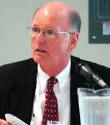 Bob Emory |
Not much needed changing, Miller said when he presented his latest edits yesterday. A few words were changed here and there and a few sentences deleted or recast. A new revision allows the CRC to seek information about sea-level rise from people who don’t serve as science advisors.
Maybe the most significant revision came from the audience after Miller’s presentation. The policy noted that it “shall” be revised every five years to reflect the latest scientific research. Charles Jones, a retired director of the division, suggested changing the verb to “should.”
Miller made the change, thus removing any obligation that the policy would be updated, and the committee voted unanimously to accept it and the others. The CRC must now adopt the policy. The commission is scheduled to discuss it at its meeting today on Pivers Island, but Emory doesn’t expect that it will be voted on.
David Weaver, a retired assistant manager for New Hanover County and a member of the CRC’s citizen advisory group, wonders how helpful the policy will be to county engineers wanting guidance from the division before designing a new sewer plant or roadway.
“What kind of helpful information would the division be able to provide?” Weaver asked after the meeting. “There is no range of forecasts, no guidelines, no recommendations.”
Just having a policy will help, noted Braxton Davis, the division’s director. It will allow the division to collaborate with other state or federal agencies, prepare educational materials and conduct research, he said.
“Given the sensitivity of this issue, the policy is very important as to how we would move forward,” Davis said. “Without a policy, there would be some questions about the role of the division on this issue.”
Shepard is just glad something was done. “At least we have something on the books that you can read,” he said. “You can build on that.



